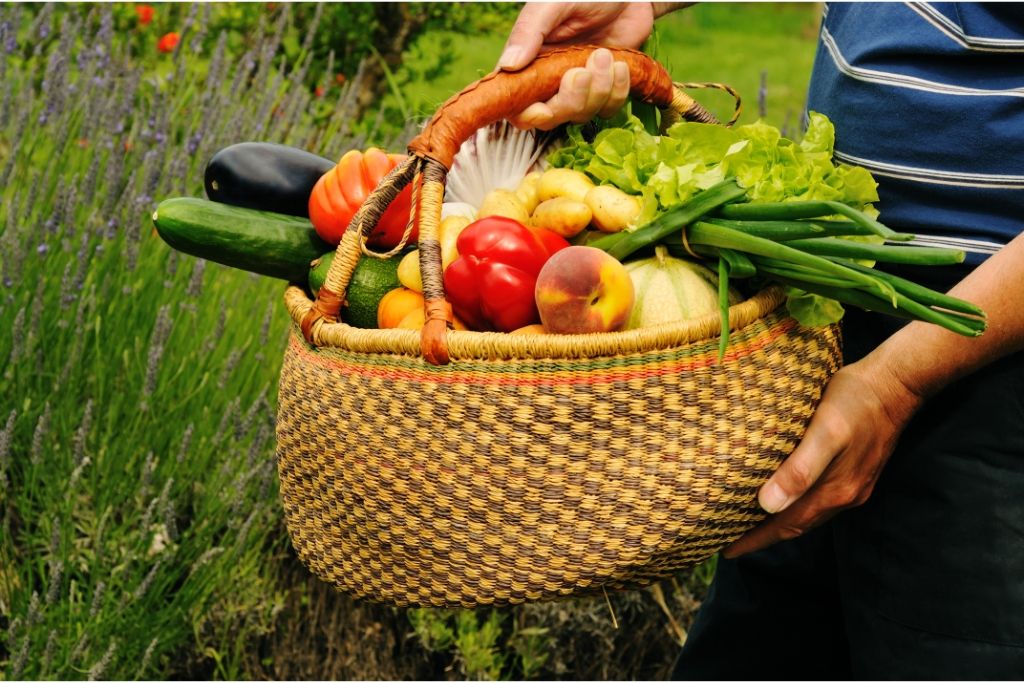Summer is the perfect time to enjoy the outdoors and bask in the sun, but it's also the time when your garden needs the most attention.
The hot and dry weather can damage your plants, making it vital for every gardener to take care of their garden in the best possible way.
Get ready to discover 10 summer gardening tips that will help your garden thrive.
1)) Water Wisely
Water is the most essential nutrient for your plants during summer.
Water them early in the morning or late in the evening to avoid evaporation and make sure the roots get enough water.
Be mindful not to overwater and cause damage to the plants.
Pro-Tip: Using a lead-free garden hose is essential for ensuring the safety of your family and pets.
Lead can be toxic if it leaches into drinking water, and even when used for gardening purposes, it can still contaminate soil with dangerous levels of lead.
Furthermore, improper disposal of lead-containing products such as garden hoses can lead to contamination of the environment.
To avoid these risks, make sure to always purchase and use lead-free garden hoses for your outdoor watering needs.
Lead-free garden hoses can be identified by looking for labels that certify their safety or by contacting the manufacturer directly.
Taking these simple steps will ensure a safe and healthy environment in your backyard!
2)) Mulching
Covering the soil around plants with a layer of mulch provides several benefits.
It helps to retain moisture in the ground, suppresses weed growth, and regulates soil temperature by keeping it cooler.
Organic materials like bark, leaves, or grass clippings can be used as mulch.
3)) Pruning
Regular pruning is essential for the health and growth of your plants.
Cut away any damaged, diseased, or dead branches, and pinch off flower heads once they start to fade to promote new growth and extend the blooming period.
Pro-Tip: Dull pruning shears will not only make the job more difficult but can also cause damage to the plants.
Pruning with sharp shears helps ensure a clean cut that won't tear or rip at delicate stems and branches.
In addition, using sharp shears helps to reduce the risk of injury to your hands.
Taking the time to sharpen your pruning shears before each garden session will pay off in the long run and help keep your garden looking its best.
A great way to do this is by regularly using a file or whetstone to hone the blades of your shears.
You can also use a honing stone or sharpening stone to give your shears an extra edge.
Finally, it's important to make sure that you clean and oil your pruning shears after each garden session - this will help them stay in great shape and last longer!
4)) Fertilizing
During summers, your plants require nutrients to grow robust and healthy.
Use a balanced fertilizer to give them a steady supply of essential nutrients.
Organic slow-release fertilizers are an excellent option as they release nutrients gradually over time.
5)) Dealing With Pests
Summer is the season when pests and insects thrive, causing damage to your garden.
Monitor your plants regularly for any sign of pest infestation and take necessary measures like using insecticides, repellents, or companion planting.
6)) Check Soil pH
Different plants have different soil requirements.
Monitor your soil pH level and adjust it accordingly, as the soil pH affects the plant's nutrient absorption capacity.
You can use a soil testing kit or consult with a professional gardener.
7)) Protect From Heat
High temperatures and sun exposure can cause damage to your plants.
Shield them from direct sunlight by using shade cloth or planting them in areas with natural shade.
8)) Deadheading
Deadheading refers to removing the spent blooms from plants.
This practice encourages new growth and prolongs the blooming period, making your garden even more beautiful.
9)) Companion Planting
Planting compatible plant species together can enhance growth and increase yield.
For example, basil and tomatoes make an excellent companion pair, as basil repels pests that would otherwise damage tomatoes.
10)) Keep Your Tools Clean
Always clean your gardening tools thoroughly and store them in a dry place.
Dirty tools could spread pests and diseases from one plant to another.
Conclusion
Summer gardening requires some extra effort, but following these tips will make it easier and reap the rewards of a lush and vibrant garden.
By providing the right conditions for your plants to thrive, you can enjoy their beauty and bounty throughout the season.
Remember to water wisely, mulch, prune, fertilize, check soil pH, protect from heat, deadhead, use companion planting, and clean your tools.
With these simple summer gardening tips, you will have the most eye-catching garden on the block!
Download Our Free E-book!







